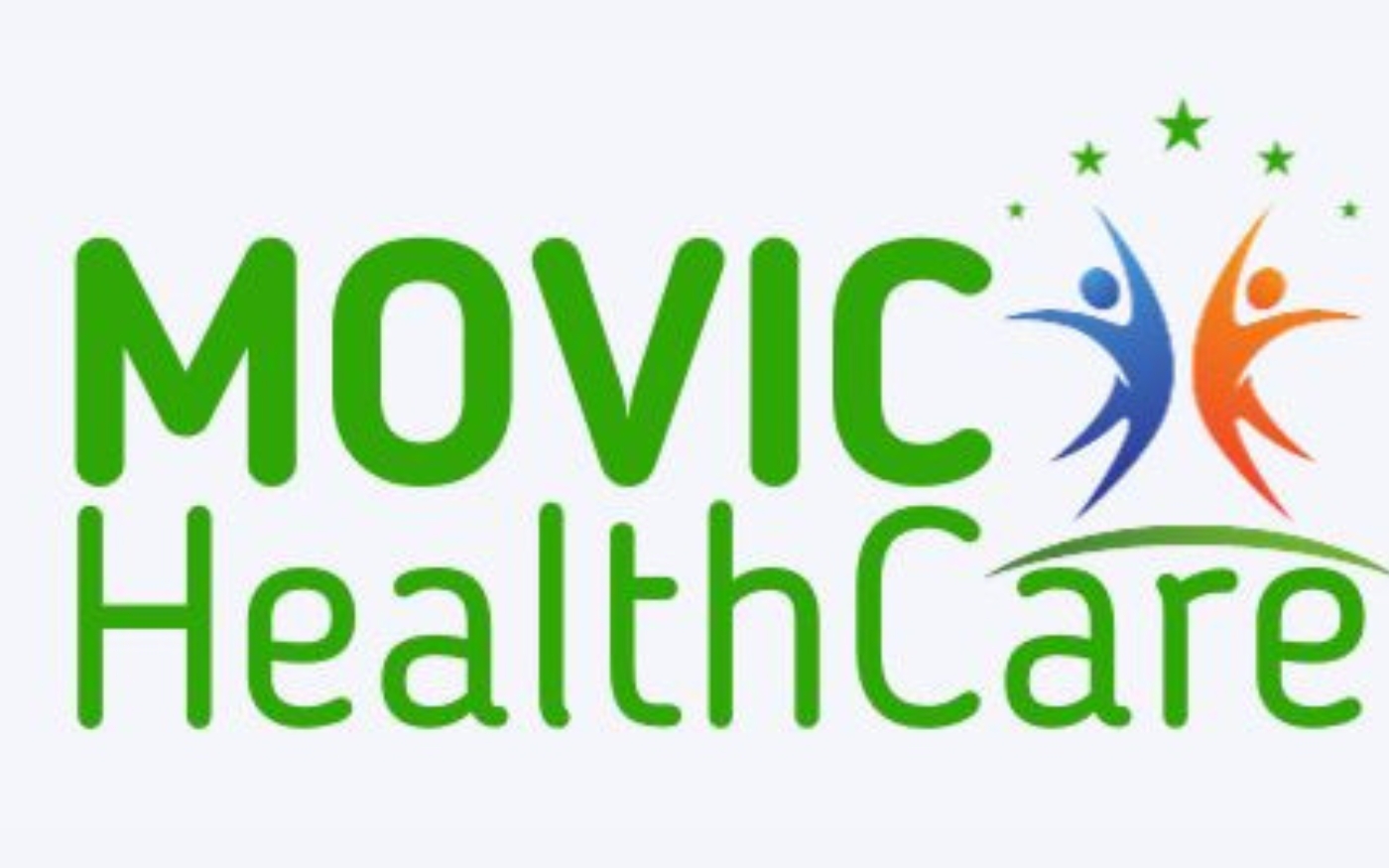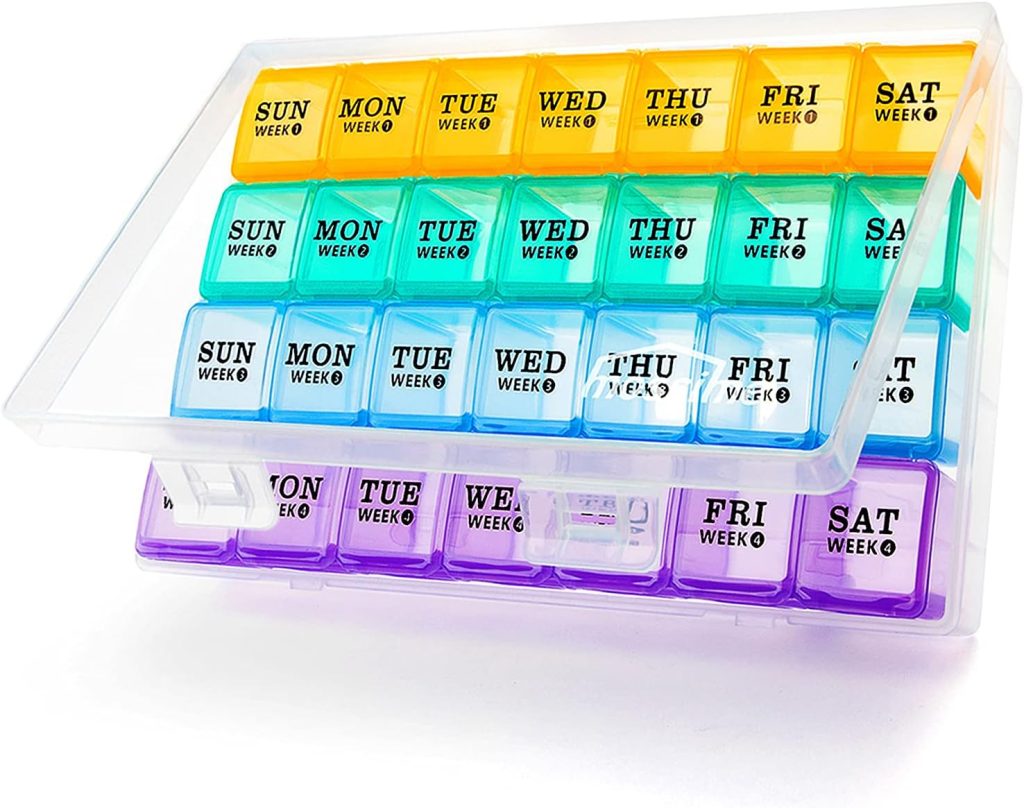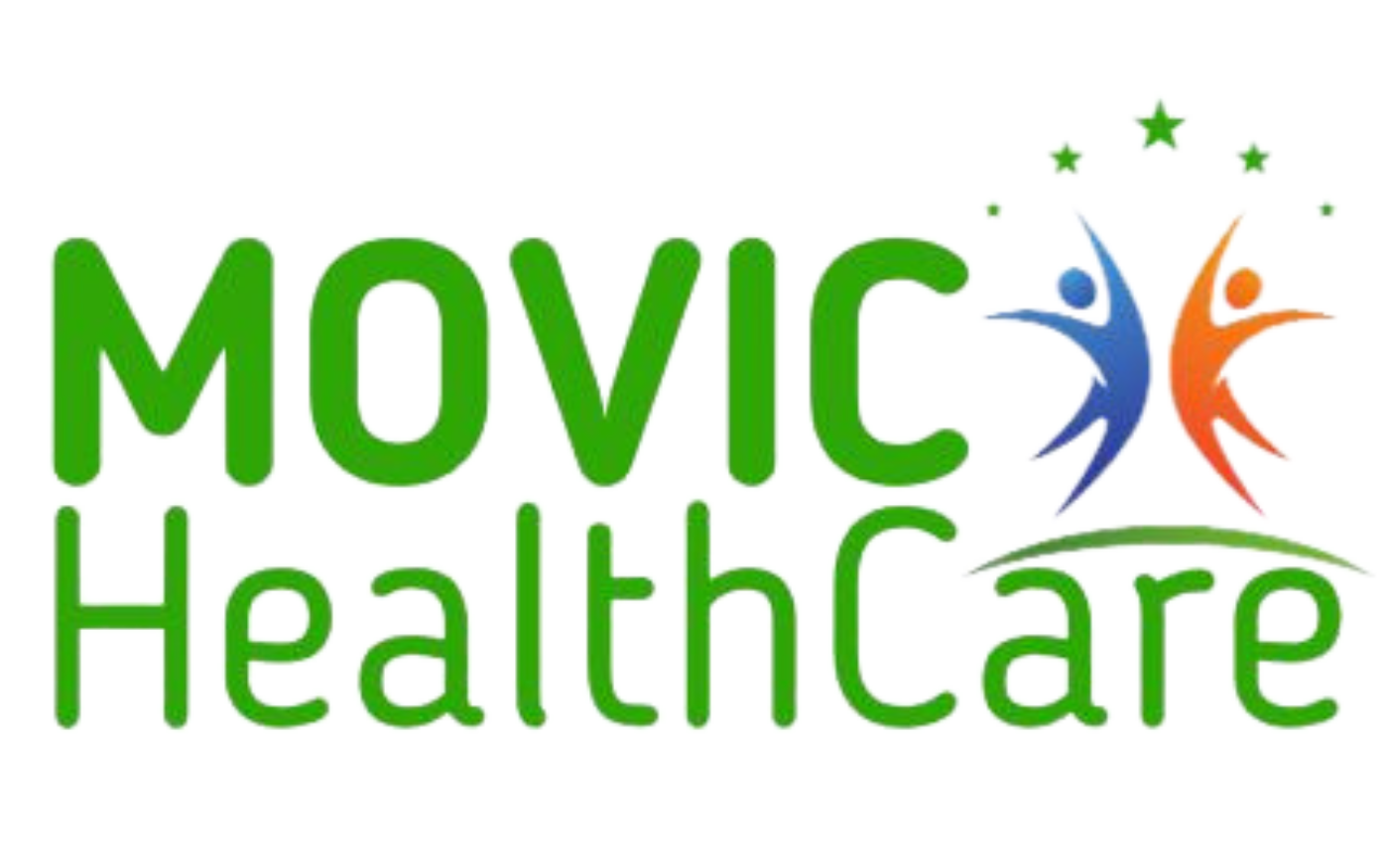Proper medication management is crucial for individuals receiving care in their own homes, as it plays a pivotal role in maintaining health, managing chronic conditions, and preventing adverse events. Home health agencies recognize the importance of medication management in promoting safety and adherence among their patients. This article delves into the intricacies of managing medications in home health care, highlighting the strategies employed to ensure safety and adherence for individuals receiving care in the comfort of their homes.
Understanding the Importance of Medication Management: Medication management involves a series of processes aimed at ensuring that medications are used safely and effectively. This includes medication prescribing, dispensing, administration, monitoring, and education. Proper medication management is essential for preventing medication errors, adverse drug reactions, drug interactions, and non-adherence, all of which can have serious consequences for individuals’ health and well-being. In home health care, where patients often manage multiple medications and complex treatment regimens, effective medication management is paramount for promoting optimal health outcomes.
Challenges of Medication Management in Home Health Care: Managing medications in the home health care setting presents unique challenges compared to traditional healthcare settings. Patients receiving care at home may have limited access to healthcare professionals, pharmacies, and support services, making it more challenging to coordinate medication management activities. Additionally, patients may face barriers such as cognitive impairment, physical limitations, medication cost, and medication literacy, which can impact their ability to safely manage their medications. Home health agencies must address these challenges proactively and develop strategies to support patients in managing their medications effectively.
Strategies for Ensuring Safety and Adherence: Home health agencies employ a variety of strategies to ensure safety and adherence in medication management for their patients. This includes conducting comprehensive medication reviews to identify potential issues such as medication errors, duplications, omissions, or interactions. Home health professionals work closely with patients, caregivers, and healthcare providers to develop personalized medication management plans that address patients’ unique needs and preferences. This may involve simplifying medication regimens, organizing medications in pill organizers or blister packs, and providing medication reminders or alarms to promote adherence.
Patient Education and Empowerment: Education plays a crucial role in medication management in home health care, empowering patients to take an active role in managing their medications safely and effectively. Home health professionals provide patients and their caregivers with education about their medications, including their purpose, dosage, side effects, and potential interactions. Patients are encouraged to ask questions, express concerns, and voice any difficulties they may have with their medications. By empowering patients with knowledge and information, home health agencies enable them to make informed decisions about their medications and participate actively in their own care.
Technology and Innovation: Technology and innovation play an increasingly important role in medication management in home health care. Electronic medication management systems, medication reminder apps, and telehealth platforms can facilitate communication, coordination, and monitoring of medications between patients, caregivers, and healthcare providers. These tools can help streamline medication management processes, reduce medication errors, and improve adherence by providing timely reminders, alerts, and feedback to patients and caregivers. Home health agencies leverage technology to enhance medication safety, promote adherence, and optimize health outcomes for their patients.
Conclusion: In conclusion, managing medications in home health care is essential for ensuring safety, efficacy, and adherence among individuals receiving care in their own homes. Home health agencies play a crucial role in medication management by implementing strategies to promote safety and adherence, providing education and empowerment to patients, leveraging technology and innovation, and collaborating with patients, caregivers, and healthcare providers. By prioritizing medication management as an integral component of care, home health agencies help individuals manage their medications safely and effectively, optimize health outcomes, and improve overall quality of life in the comfort and familiarity of their homes.





